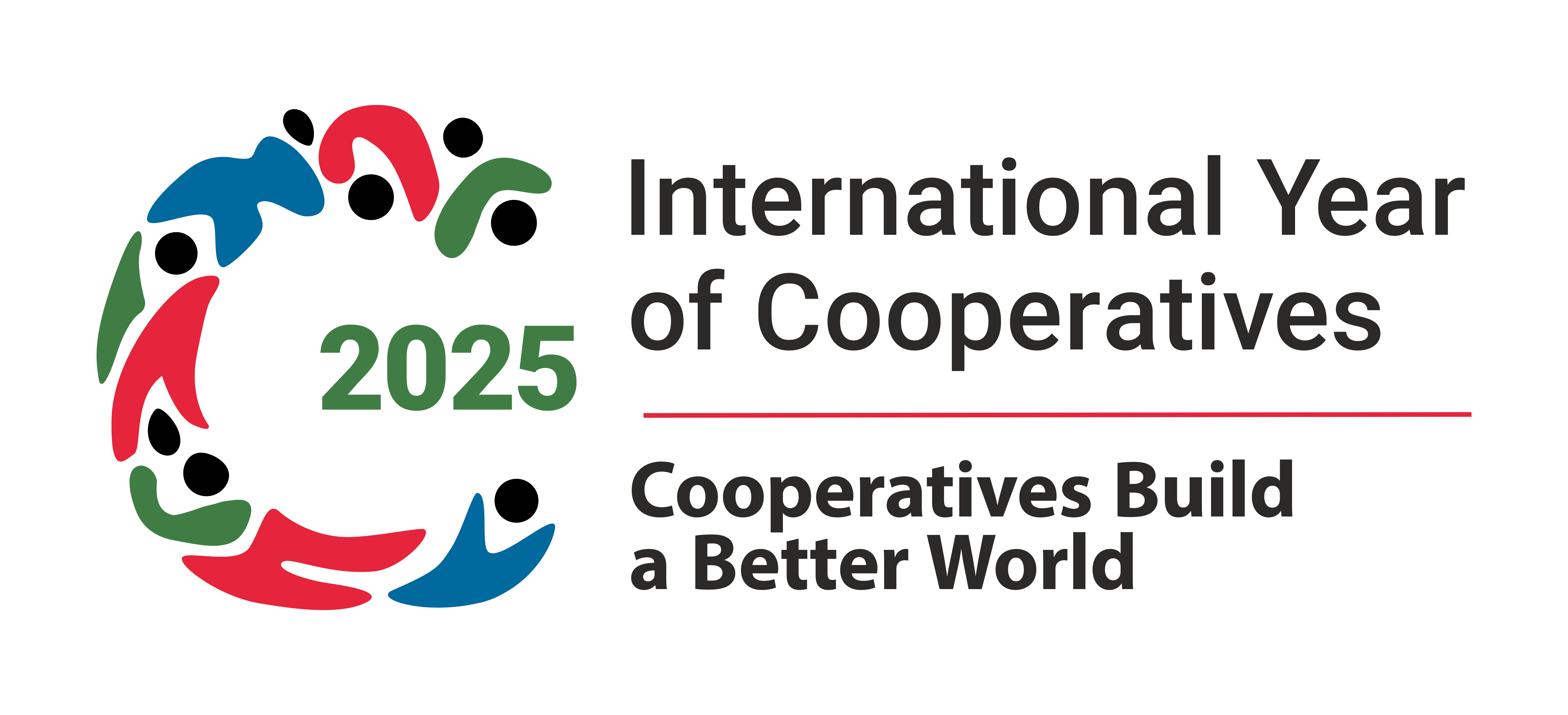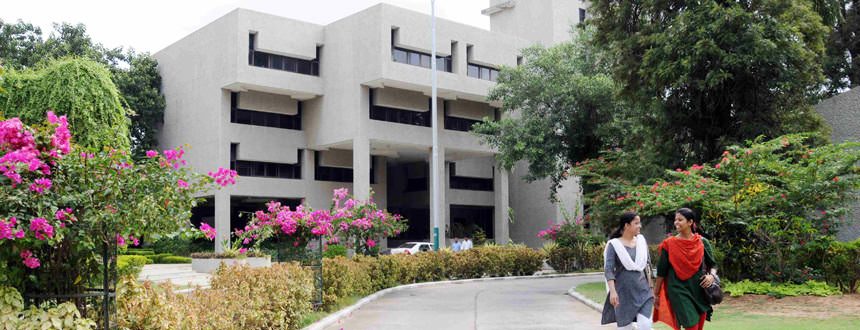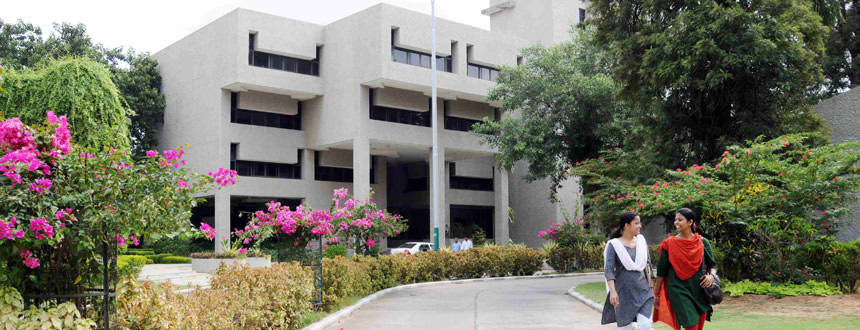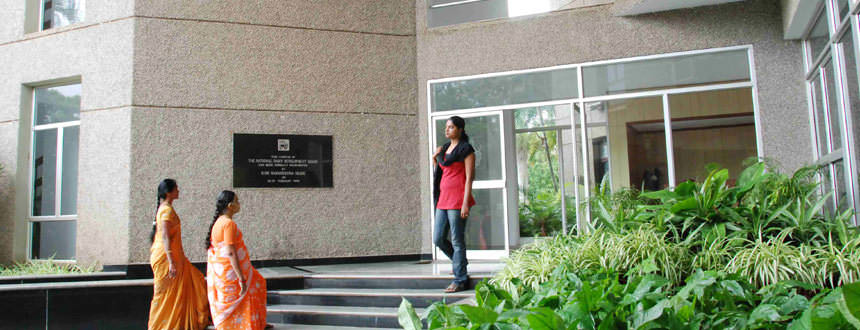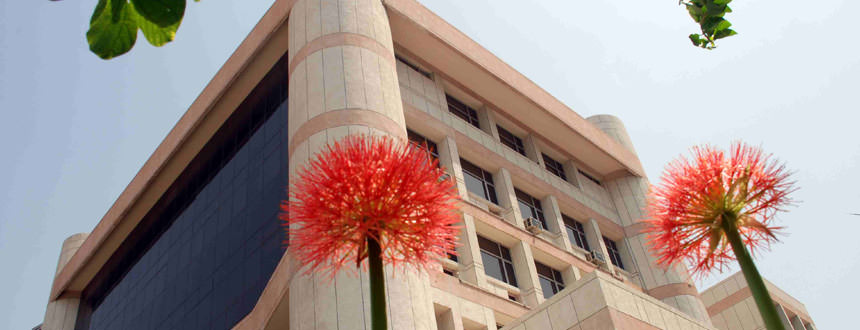Address by Shri Meenesh Shah, Chairman, NDDB at Annual Convention of BA College of Agriculture (BACA) Alumni Association and Symposium on Millets: The Future of Sustainable Agriculture - 12 April 2023
Annual Convention of BA College of Agriculture (BACA) Alumni Association
&
Symposium on Millets: The Future of Sustainable Agriculture
BA College of Agriculture, AAU
12th of April 2023 at 09:30 am
Address by Chief Guest – Shri Meenesh Shah, Chairman, NDDB
- Dr. KB Kathiria, Hon’ble Vice Chancellor, Anand Agricultural University (AAU)
- Dr MK Jhala, Director of Research & Dean, PG Studies, AAU
- Dr HB Patel, Director of Extension Education, AAU
- Shri Amitbhai Sheth, Member, Donor Family, Ahmedabad,
- Dr YM Shukla, Principal and Dean of BA College of Agriculture and President of the Alumni Association,
- Dr KC Patel, Secretary of the Alumni Association
Deans, Directors, Principals of various colleges, Former Principals, Professors, staff of BA College of Agriculture, distinguished guests, officials of the NDDB, eminent scientists, and members of the BACA Alumni Association.
It gives me immense pleasure to be here with all of you on the occasion of “Annual Convention of the Alumni Association and Symposium on Millets: The Future of Sustainable Agriculture” being organized by BA College of Agriculture Alumni Association, AAU, Anand.
I feel extremely happy to be here being an alumni of Sheth SMC College of Dairy Science which was earlier a constituent college of the AAU, Anand.
Over the years, BA college of Agriculture has produced graduates who are now holding prominent positions at Government, academia, research and corporate levels. We also see their imprint in many policy and regulatory decisions. There are many eminent alumni who have excelled in entrepreneurship bringing in much needed solutions to many challenges in agricultural domain, especially through harnessing technology. We can very well see many alumni who are job creators in agriculture or rural domain which is very much needed today.
The subject selected for symposium today is also very apt and depicts our alignment to the present challenges India is facing and our commitment to offer timely solutions.
It is rightly said “Sustainability is no longer about doing less harm but it is about doing more good”. We all know very well that the sustainable agriculture has a significant role to play in feeding the growing population and reducing the impact of climate change. Under the present day agricultural scenario, the foremost requirement is to feed the ever growing population of the country and at the same time to provide the nutritional security to the people.
Millets were the oldest foods known to human but their importance and cultivation reduced due to large scale cultivation of rice, wheat, maize etc. because of urbanization and industrialization.
In recent years, there has been a growing interest among the people concerning their health; and looking for more nutritious healthy alternative, more sustainable food sources. And hence Millets, a group of small-seeded cereal grains that are grown in dry and semi-arid regions of the country and the world over are regaining its importance as “super food” due to their health benefits and suitability to the changing climate conditions known for their drought tolerance, and resilience to extreme weather conditions.
As we all know, with the initiative of the Government of India, the United Nations has declared the year 2023 as the International Year of Millets (IYOM) for the promotion of the millets as healthy food. Even, Hon’ble Union Finance Minister Ms Nirmala Sitharaman ji described millets as ‘Shree Anna’ – the mother of all grains – during her Budget speech for the year 2023-24.
Hon’ble External Affairs Minister Shri S Jaishankar ji named “Covid, conflict, and climate” as the world’s main food security challenges, and placed the cultivation and popularisation of millets in the context of the wider imperative of “de-risking the global economy”.
India is the largest producer and second largest exporter of ‘Millets’ in the world. Several types of millets such as jowar, ragi, bajra, kuttu, ramdana, kangni, kutki, kodo, cheena, and sama are grown in the country.
I must mention and congratulate the Association that the Symposium has been organised at the right time to discuss various aspects of the millets; which will cover the diverse topics such as production, disease management, advance researches, integrated nutrient management technologies, millet start-up ideas etc. I am sure that the symposium will provide an avenue to exchange knowledge on millets and provide collaborative networks to develop newer agro-technologies for higher as well as quality production of the millets in the country.
Friends, I strongly believe that this symposium will play an important role in sensitizing/creating awareness amongst the researchers, farmers and various stake holders about the importance and potential of millets for food security and nutrition. It will also motivate the stakeholders for quality improvement and large scale production by attracting the attention of the agricultural scientists to enhance the activities on research and development of the millets.
Our Hon’ble Prime Minister has rightly said during the recently concluded Global Conference on Millets that “Shree Anna is becoming a medium of holistic development in India. It is linked with Gaon as well as Garib i.e. Village and the poor”.
National Dairy Development Board has also been taking up various initiatives since inception which are not only limited to Dairying but are towards holistic livelihood security of our farmers.
In the recent years, being appreciative of the need to work towards food and energy security for dairy farmers while minimising adverse impact on the environment we have now taken an integrated approach towards sustainable climate smart dairying through interventions like genetic improvement of bovines, animal health improvement, scientific fodder production, feeding management, manure management, promotion of solar energy and carbon sequestration.
And I must state on record here that Anand Agricultural University has been very supportive to us in this regard. AAU’s support in terms of technical expertise, laboratory facilities, and extension of infrastructure facilities has been exceptional over the years.
And that is the reason, we have formalised our relationship today with AAU, through an MOU, so that all the concerned departments both in AAU and NDDB as well as their affiliated institutions can work together and share their expertise with each other. AAU’s technical and research expertise and NDDB’s field implementation and extension capacities has capacity to take innovations in Agriculture to the next level and at a greater scale.
In one such example of Manure Management domain, the support of AAU in terms of studies of gobar gas slurry based fertiliser carried out has helped us establish efficacy of such products not only amongst farmers but at policy levels. Similarly, AAU’s support in terms of laboratory testing, sharing of cultures have helped us innovate in product development in this domain.
NDDB’s manure management initiative which was started with a few women in Mujkuva village has now spread across the country. It has taken various forms as per the local needs but the basic spirit of efficiently utilising gobar as clean energy source, lowering the environmental impact, harnessing its fertiliser potential and most importantly ensuring women farmer participation remains at the core. India’s first all women manure cooperative Mujkuva Sakhi Khad Sahakari Mandli was established three years ago. Their members are not only efficiently utilising the gas produced in the biogas plants installed at their backyards but are also managing production and sale of gobar gas slurry based organic fertilisers. I am happy to note that their first Biannual report shall be released today.
You all must also be knowing that NDDB has forayed in to support the honey bee keepers and taking up holistic steps in developing this sector in terms of farmer FPOs, lab facilities, brand building and establishment of robust value chains.
In January 2023, three new national level multi state cooperative societies were set up i.e. National Cooperative Organics Limited, Bharatiya Beej Sahakari Samiti Limited and National Cooperative Exports Limited. NDDB is chief promoter of National Cooperative Organics Limited and one of the promoters of Bharatiya Beej Sahakari Samiti Limited.
National Cooperative Organics Limited (NCOL) will help India realise its potential to become a global leader in organic products under the vision and mission of Local to Global. NDDB as chief promoter will support farmers in adopting organic farming. NCOL will aim to provide organic farmers and producer organisations direct access to the market.
Similarly, Bharatiya Beej Sahakari Samiti Limited (BBSSL) is to act as a National level Apex Organisation for producing, processing, storage, marketing, branding, labelling, distribution and research and development of quality seeds produced by the cooperatives/other entities and to offer better prices to farmers as well as other stakeholders leading to the realisation of Sahakar se Samriddhi. BBSSL will develop participatory plant breeding approach for all the class of seeds through the members of cooperatives and make efforts to engage them for achieving desired Seed Replacement Rate (SRR) and Varietal Replacement Rate (VRR) by providing proper institutional support.
NDDB would need the support from AAU to take these initiatives forward in the following areas:
a) Product innovation wherein traditional savouries can be replaced by millet based snacks. While there are several brands and products already in the market – the gaps still exist as to what consumer wants and what have been offered. Value added products and innovative product range will help in building customer base, attracting the new Gen (Gen X and millennials) towards the traditional food base products. At the same time, Value added products will help in getting better realisation and therefore remunerative prices to the farmers.
b) Millet production : AAU can help in increasing overall crop plantation of millets, offering crop advisory to the farmers, improving the yields and crop productivity. Also in providing quality seeds to the farmers across India.
c) Millets cleaning and polishing is a major challenge especially for minor millets like kutki etc., where the size of grain is very small. AAU can help the farmers in inventing machinery that will help in 100% cleaning and grading with minimal investment and localised machinery.
The MOU will also help both sides to collaborate for research and extension education/ activities in Agriculture & its allied fields; and jointly represent at various forums to propagate the researches, methods, technologies, business models developed in collaboration, etc. I am confident that signing of the MoU will become an important milestone to work for the benefit of the farmers in days to come.
I express my gratitude to the Hon Vice Chancellor, Dr K. B. Kathiria and President of the Alumni Association for inviting me as Chief Guest to the Inaugural Function of the Annual Convention of the Association and the Symposium on Millets”.
Best wishes for the success of this very important event.
Thank you

